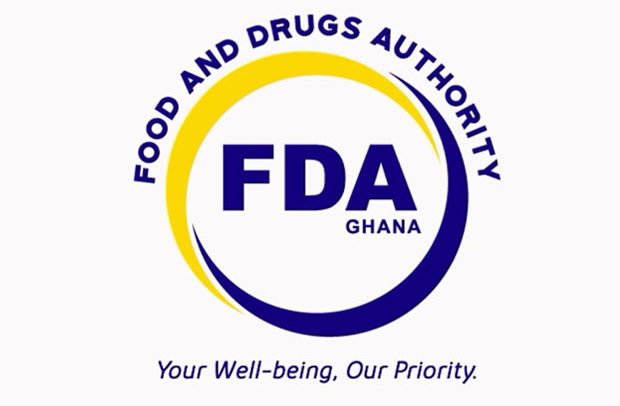A new study by United Nations Children’s Fund (UNICEF) and the Food and Drugs Authority (FDA) has uncovered alarming levels of lead contamination in everyday consumer products across the nation, posing a serious health threat to children and pregnant women.
The joint research, conducted across all 16 regions of the country, found lead, a highly toxic heavy metal, in commonly used items such as traditional eyeliners, white baked clay, turmeric, cereals, and even household plumbing materials.
Lead, though used in various industries such as battery production, ceramics, and paints, is extremely hazardous when ingested or inhaled.
According to health experts, even small amounts can cause irreversible damage to the brain and nervous system, reduce Intelligence Quotient (IQ), and trigger developmental, learning, and behavioural disorders in children.
The study revealed that about 80% of traditional eyeliners (popularly known as kaji kaji or kholi) contained dangerously high levels of lead, in some cases tens of thousands of times above permissible limits.
White baked clay, locally called ‘shire’, ‘ayilor’, or ‘farinkasa’ and commonly consumed by pregnant women to ease nausea, was also found contaminated in nearly 25% of samples, with the North East and Greater Accra regions recording the highest rates.
Similarly, over 42% of ground turmeric samples tested positive for excessive lead levels, particularly in the Greater Accra, Central, and Bono regions.
Corn-based cereals such as Tom Brown, a popular weaning food for children, showed contamination in about 4.4% of samples, mostly from the Eastern Region.
The FDA also warned that old plumbing systems and cookware may be additional sources of lead exposure, as the metal can leach into drinking water or food during preparation.
Experts note that lead poisoning in children can lead to anemia, growth retardation, vomiting, abdominal pain, seizures, and hearing loss, while in pregnant women, it can cause low birth weight, premature delivery, miscarriages, and stillbirths.
Describing the findings as a “critical public health concern,” UNICEF urged swift national action to eliminate sources of lead exposure.
The agency called for increased public awareness, stronger product regulation and enforcement, and routine screening for lead, especially among children and pregnant women.
“Lead poisoning is entirely preventable,” UNICEF said, adding that it remains committed to supporting Ghana to strengthen regulation, protect consumers, and ensure every child has a healthy start in life.
By Ernest Kofi Adu


